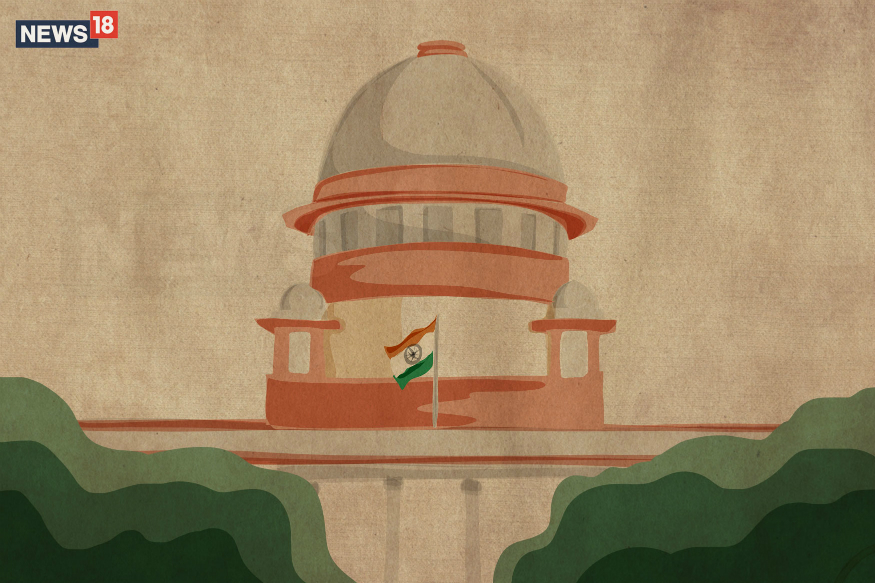The recent verdict issued by the court has shed light on the long-standing SSC (Staff Selection Commission) case, dating back to 2017. This decision impacts numerous stakeholders and paves the way for future legal and administrative actions concerning examination conduct and transparency. The involvement of prominent figures such as Nandan Nilekani, former Chief of Infosys, and Vijay Bhatkar, a renowned computer scientist, adds significant weight to the committee’s findings and recommendations.
Background of the SSC Case
The SSC case emerged as a pressing issue when allegations of malpractices and irregularities were reported in the examination process. This brought about serious concerns regarding the integrity of the selection process for various government jobs, which rely on SSC exams. The purpose of the court’s intervention is to ensure that such activities do not undermine public trust in the examination system.
Significance of the Court’s Ruling
The court’s ruling not only addresses the specific grievances related to the 2017 SSC incident but also sets a precedent for the handling of similar cases in the future. The decision aims to enhance the accountability of examination boards and ensure a transparent process for candidates. The verdict demonstrates the judiciary’s commitment to upholding fairness and integrity in governmental processes.
Composition of the Committee
The committee constituted by the court includes renowned personalities who bring a wealth of experience and expertise in technology and governance.
| Name | Position | Contribution |
|---|---|---|
| Nandan Nilekani | Former Chief, Infosys | Expertise in IT and governance solutions |
| Vijay Bhatkar | Computer Scientist | Recognized for contributions to computer science and education |
Potential Recommendations by the Committee
While the specific recommendations from the committee are yet to be disclosed, there are several expected areas of focus:
- Enhancement of Security Measures: Implementing advanced technology to prevent cheating and malpractice.
- Streamlining Examination Processes: Establishing clearer guidelines and protocols for exam conduct.
- Candidate Support Systems: Offering resources and support for candidates to ensure they understand the examination process.
Implications for Future SSC Examinations
The court’s decision and the committee’s efforts may drive significant changes in the way SSC examinations are conducted in India. Potential reforms could lead to higher standards of transparency and integrity, ultimately benefiting the candidates and public administration alike.
Conclusion
In conclusion, the court’s ruling on the 2017 SSC case appears to mark a turning point for examination integrity in India. With the involvement of esteemed experts in the committee, it is expected that the recommendations will lead to substantial improvements in the examination framework, ensuring that future SSC exams maintain a high level of credibility and trust among aspirants. The resolution of this case is a vital step towards restoring faith in one of the country’s primary channels for generating employment through public service.
